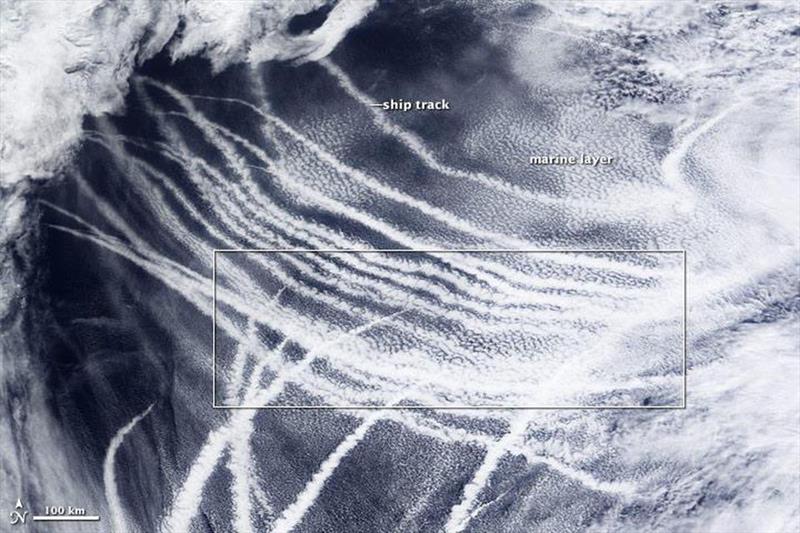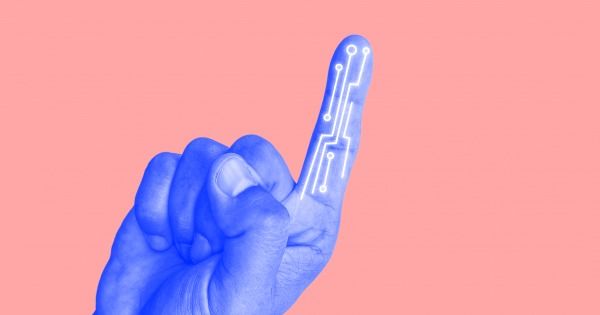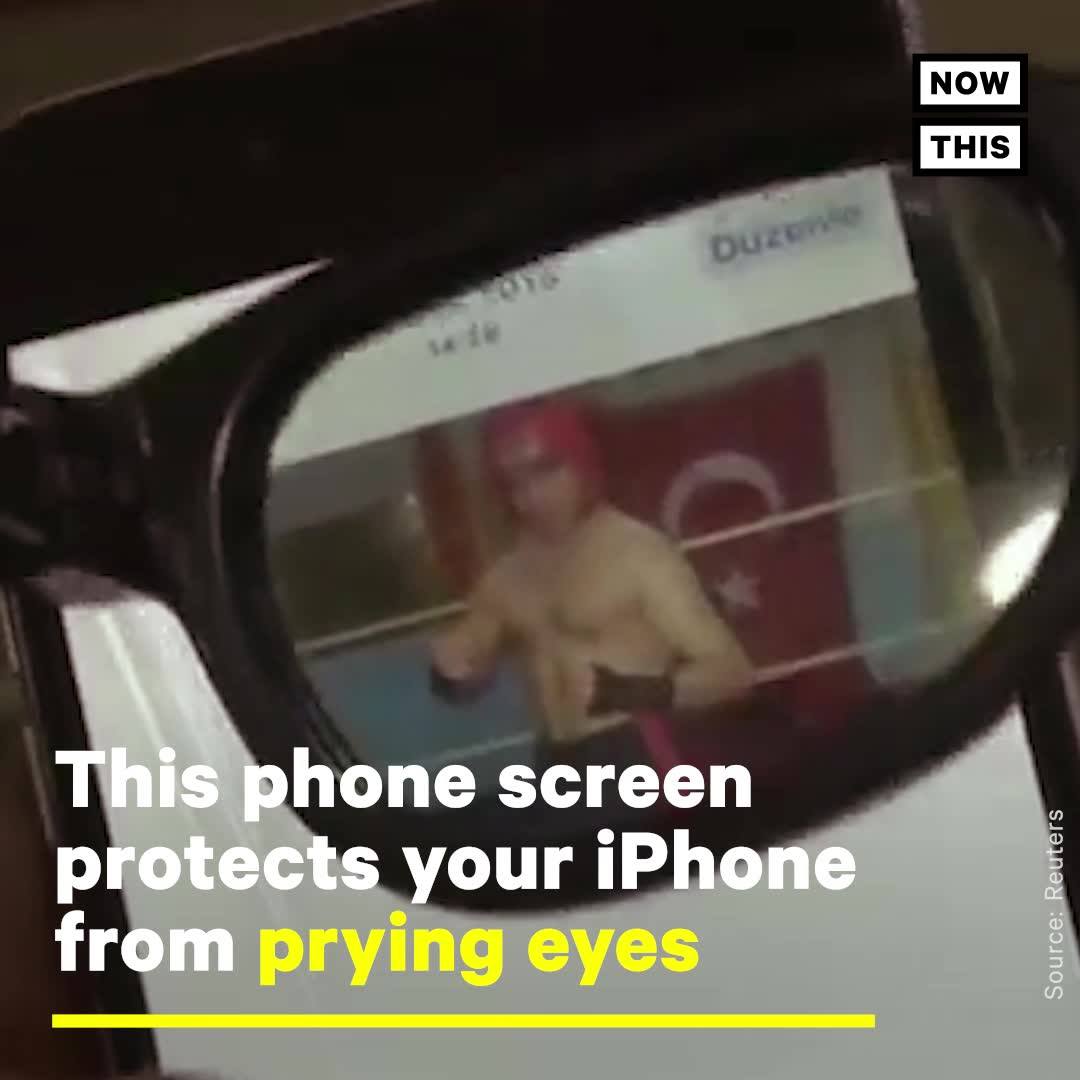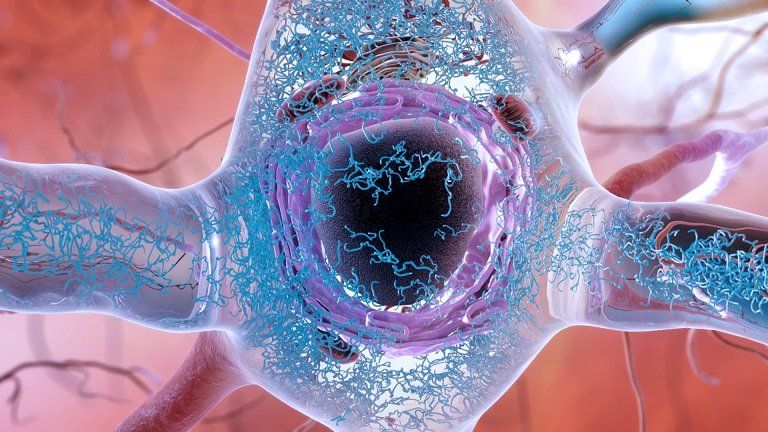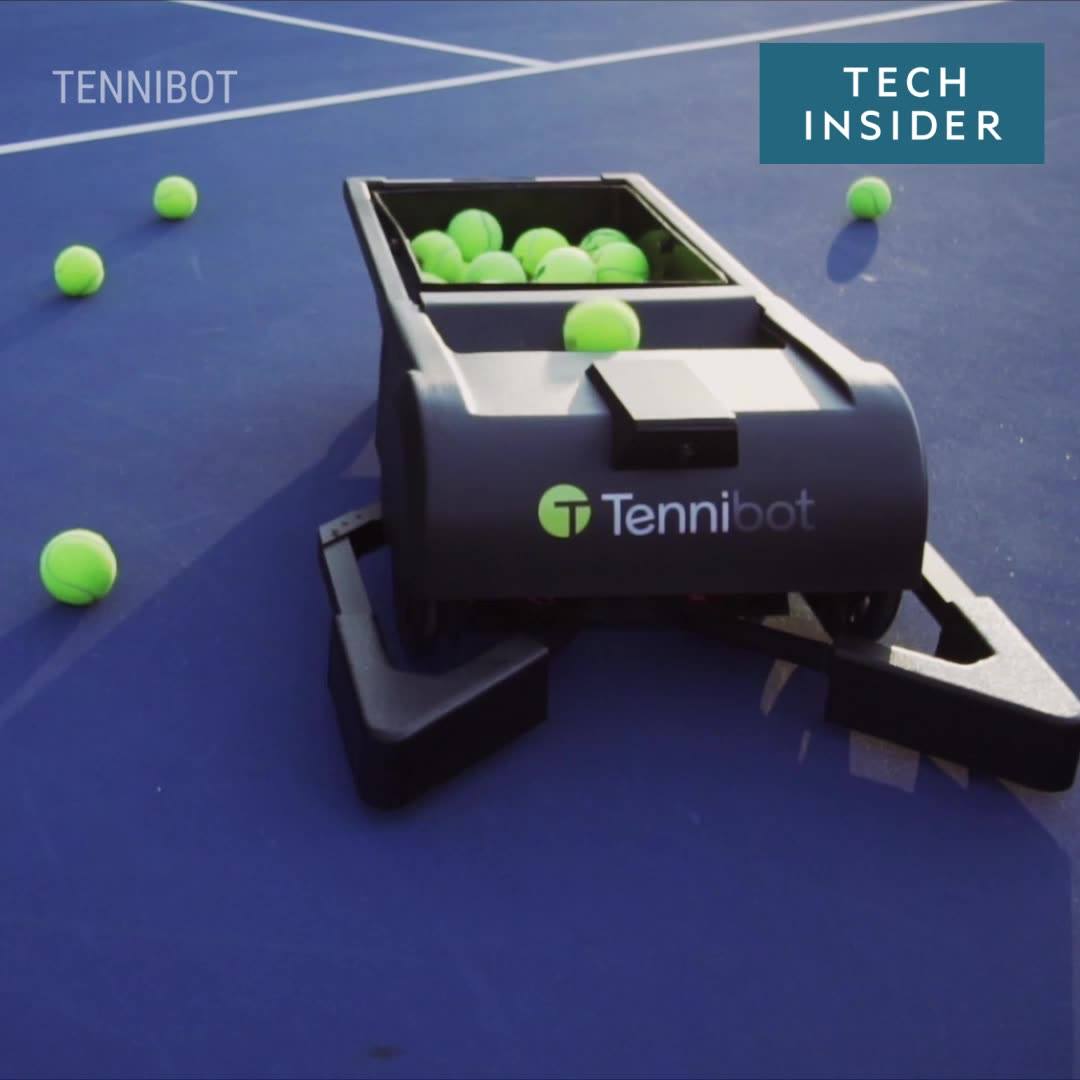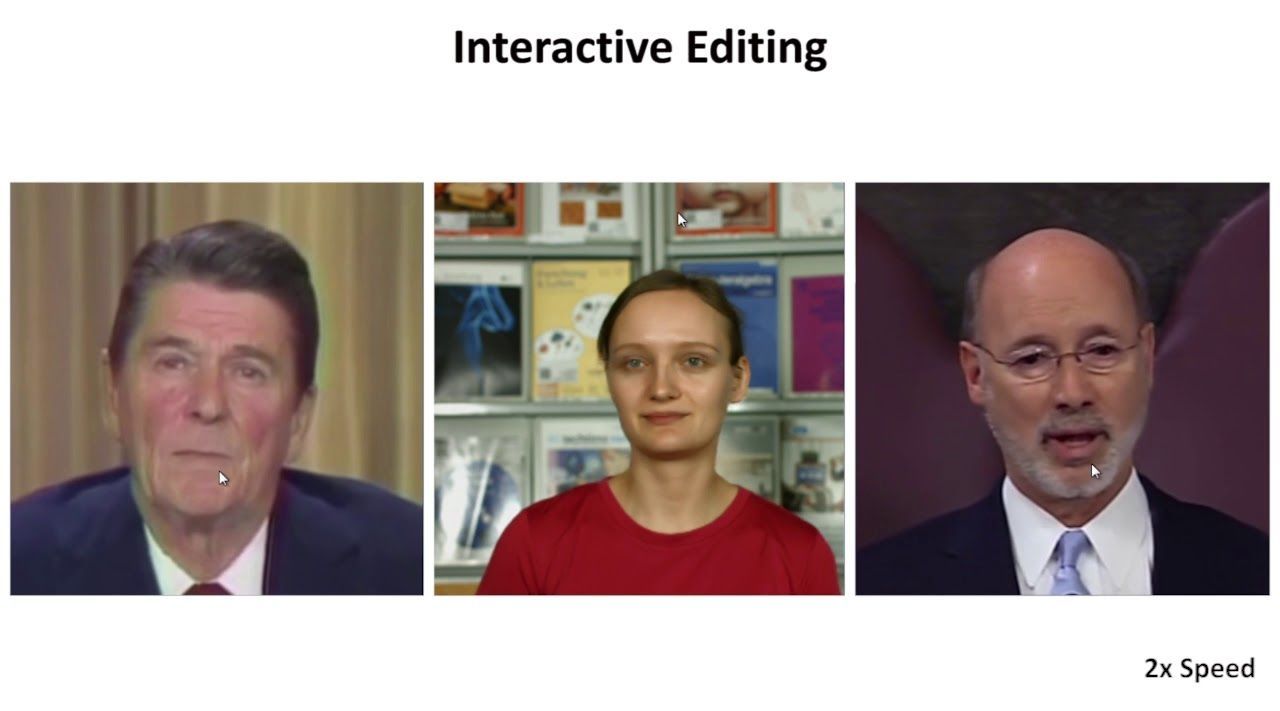When my colleague Professor Tom Gill at University of Texas at El Paso alerted me to a recent study noting that cargo ships may be creating more lightning, my first reaction was that I wasn’t surprised at all. Though this may be a surprising finding to many scientists and the public, I have been conducting research for over two decades on how cities affect rainfall, storms, and lightning. As I read the paper, it was apparent to me that some of the same physical processes were at play with the cargo ship — lightning relationships. So how does a cargo ship create lightning?
IPhone Screen Hides Contents
Posted in mobile phones
Scientists have discovered a “Big Bang” of Alzheimer’s disease – the precise point at which a healthy protein becomes toxic but has not yet formed deadly tangles in the brain.
A study from UT Southwestern’s O’Donnell Brain Institute provides novel insight into the shape-shifting nature of a tau molecule just before it begins sticking to itself to form larger aggregates. The revelation offers a new strategy to detect the devastating disease before it takes hold and has spawned an effort to develop treatments that stabilize tau proteins before they shift shape.
“This is perhaps the biggest finding we have made to date, though it will likely be some time before any benefits materialize in the clinic. This changes much of how we think about the problem,” said Dr. Marc Diamond, Director for UT Southwestern’s Center for Alzheimer’s and Neurodegenerative Diseases and a leading dementia expert credited with determining that tau acts like a prion – an infectious protein that can self-replicate.
Roomba For Tennis Balls
Posted in robotics/AI
Lagos — With its colourful hammocks and table tennis table, a new tech hub in the Lagos metropolis wouldn’t look out of place among the start-ups on the other side of the world in Silicon Valley.
But the NG_Hub office is in the suburb of Yaba — the heart of Nigeria’s burgeoning tech scene that is attracting interest from global giants keen to tap into an emerging market of young, connected Africans.
In May, both Google and Facebook launched initiatives nearby.
